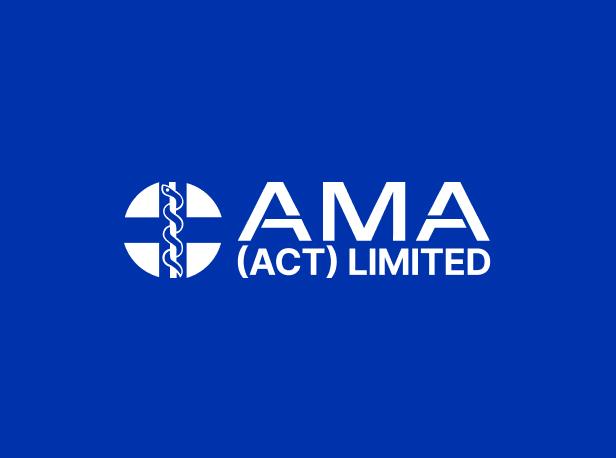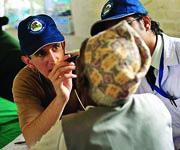Serving your country with medicine - Dr. Chris Gilbert
Since leaving the ANU in 2008 I have had a diverse range of both medical and personal experiences.


I spent my intern and resident years at Ballarat Base Hospital in Victoria. This proved to be a fantastic learning opportunity with a lot of responsibility and great hands on learning experiences (particularly in ED, O&G, paediatrics and surgery).
As a resident I assumed the role of the President of the Resident’s Society during a year in which the hospital sought to cut overtime payments to junior doctors. Having learnt important advocacy skills during my time at ANU, I engaged the AMA early to take up the fight against administrators who were trying to make overtime claims very difficult (despite doctors’ regularly working overtime).
In addition I spent three months of that year working on Elcho Island, a remote island off the coast of the Northern Territory. This experience gave me a wonderful insight into working remotely in Indigenous communities.
As an ADF sponsored medical student the next year saw me commence my return of service with the RAAF. My partner Kate (who is also a RAAF doctor) and I moved to Richmond, NSW where we began our first year in uniform. The year comprised mostly of military specific training – officer training, followed by aviation medicine and aeromedical evacuation. The highlight was a week spent flying with the RAAF Roulettes where Kate and I got to do aerobatics in formation with each other.
Towards the end of the year, we were asked if we would consider being posted to RAAF Tindal the following year. We gladly accepted the challenge knowing that we would be the only two doctors for a base in a fairly remote part of the Northern Territory.
This year has been a challenging year but one filled with multiple learning opportunities and diversity. As well as learning the intricacies of how a RAAF medical facility works, we have had to complete training in aeromedical evacuation with the local search & rescue helicopter (including winch training). We have had the privilege of being the two doctors caring for a small community of RAAF members.
In addition I participated in a humanitarian aid exercise in Nepal in August. As with many of the other remote locations in which I have practised medicine, this gave me a great appreciation for the level of health care that we routinely have access to. It also taught me to trust my clinical judgment in an austere environment without imaging and pathology services.
With so many diverse experiences in such a small amount of time, I wonder what further experiences await us next year.